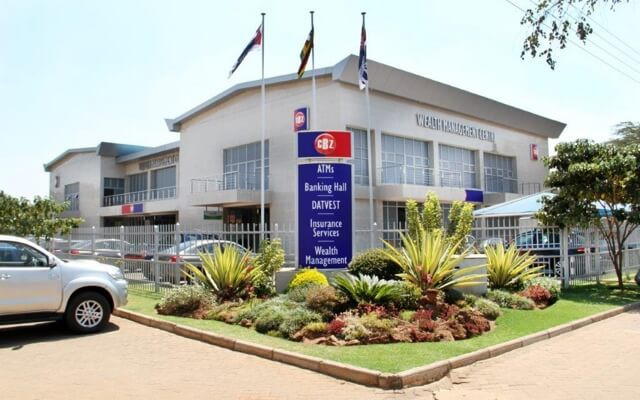
GOVERNMENT sees information, communication and technology (ICT) as a key enabler for economic development towards the implementation of the post-2015 development agenda.
BY TATIRA ZWINOIRA
This comes as government seeks to target 33% of Zimbabwe’s population living in urban environments through ICTs in growing urban infrastructure.
ICT minister Supa Mandiwanzira told stakeholders at the 6th edition of the Zimbabwe ICT Achievers Awards 2015 that the sector was a key enabler for development.
“As key enablers of development, ICTs play a key role in the implementation of the post-2015 development agenda. All three pillars of sustainable development such as economic development, social inclusion and environmental protection require ICTs as key catalysts, and ICTs will be absolutely crucial for achieving the Sustainable Development Goals,” he said in a speech read by the ministry’s permanent secretary Sam Kundishora.

“With 33% of Zimbabwe’s population living in urban environments, ICTs will be essential in offering innovative approaches to managing cities more effectively and holistically — through applications such as smart buildings, smart water management, intelligent transport systems, and new efficiencies in energy consumption and general waste and waste electrical and electronic equipment (WEEE / e-Waste) management and handling.”
He said the idea behind targeting the ICT sector is to make cities smart, more eco-friendly and sustainable and is vital for the sustainability of the whole economy.
- Chamisa under fire over US$120K donation
- Mavhunga puts DeMbare into Chibuku quarterfinals
- Pension funds bet on Cabora Bassa oilfields
- Councils defy govt fire tender directive
Keep Reading
In his 2016 national budget, Finance minister Patrick Chinamasa set aside $299, 2 million for investment in the ICT sector, with the money largely from loan financing and public entities’ own resources, targeted at expansion and upgrading projects.
Another $17,2m was set aside in the budget for the e-government programme, targeting the National Data Centre, communication information centres and the establishment of computer laboratories at schools.
It is estimated that when internet penetration rises by 10% in emerging economies, it correlates with an incremental gross domestic product increase of one to 2%.
Minister of State for Harare Metropolitan Province, Miriam Chikukwa said despite the need for ICTs to drive the economic growth necessitated by the 21st century digital age, it still needed to be affordable.
“The 21st century still requires affordable, ubiquitous ICT networks which are as critical to social and economic prosperity as much as transport, water and power,” Chikukwa said.
There is an aggressive push for e-government to break the bureaucratic structures, increase efficiency and reduce costs.
However, the unavailability and costs of ICTs remains the elephant in the living room.











